media link
Video presentation
Click the link or watch the video presentation to learn more about Millennial Technical Institute.
Training the future
Technology Ecosystem
Millennial City is designed to be a global hub for high-tech manufacturing, AI research, and industrial automation, attracting top talent, investors, and entrepreneurs from around the world. This city will house cutting-edge semiconductor fabrication plants, robotics labs, renewable energy facilities, and next-generation software companies, driving advancements in space exploration, biotechnology, and precision engineering.
The success of any technological revolution depends on education, and America must take the lead in training the next generation of engineers, programmers, and innovators. As industries rapidly evolve, the need for highly skilled professionals has never been greater. By investing in advanced technical education, we can rebuild America’s industrial strength, secure leadership in AI and manufacturing, and create high-paying, future-proof jobs. The foundation of Millennial City’s success begins with the right education system to support it.
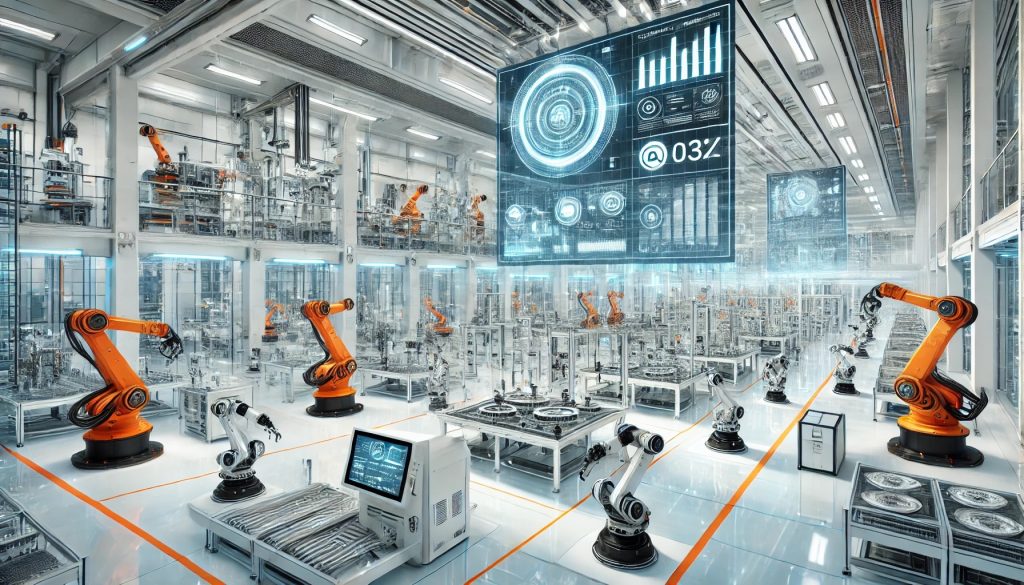
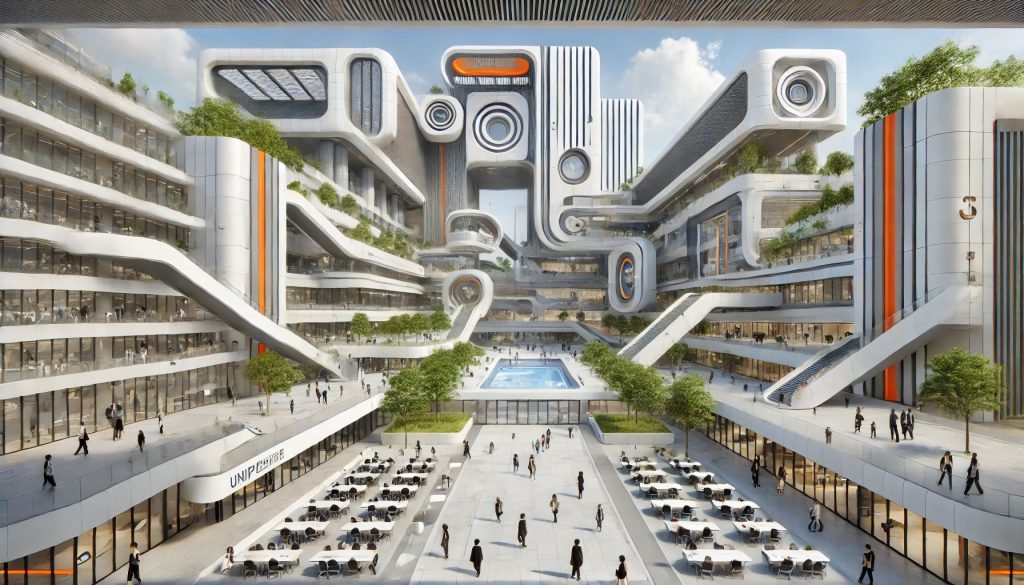
Research campus
Millennial Technical Institute
As the world shifts toward AI-driven automation, semiconductor production, and next-generation computing, the U.S. faces a critical skills gap in these industries. Millennial Technical Institute will be the nation’s premier training ground for the next generation of scientists, engineers, and developers, ensuring that America remains the global leader in innovation.
Our mission is to provide students with direct access to real-world industry training, advanced research facilities, and AI-powered learning environments. Unlike traditional universities, Millennial Technical Institute is designed to train specialists in the most critical and high-demand fields, ensuring that every graduate is prepared to design, build, and secure the technology of tomorrow.
High tech skills
Technical Curriculum
Millennial Technical Institute’s curriculum is structured into three core categories, covering the entire tech ecosystem. To train the most skilled professionals, MTI focuses on three key areas of study that encompass every major technological discipline:
Hardware Design & Manufacturing – Covering semiconductor fabrication, precision automation, and advanced materials, this category ensures the U.S. leads in high-tech manufacturing and materials engineering.
Computational Intelligence & Advanced Software Engineering – This category focuses on AI, machine learning, high-performance computing, and software development, providing students with the tools to create the next generation of intelligent systems.
Fundamental Operating System Design & Logic Processing – Bridging hardware and software, this category covers OS development, embedded systems, and cybersecurity, training specialists to integrate, optimize, and protect modern computing systems.
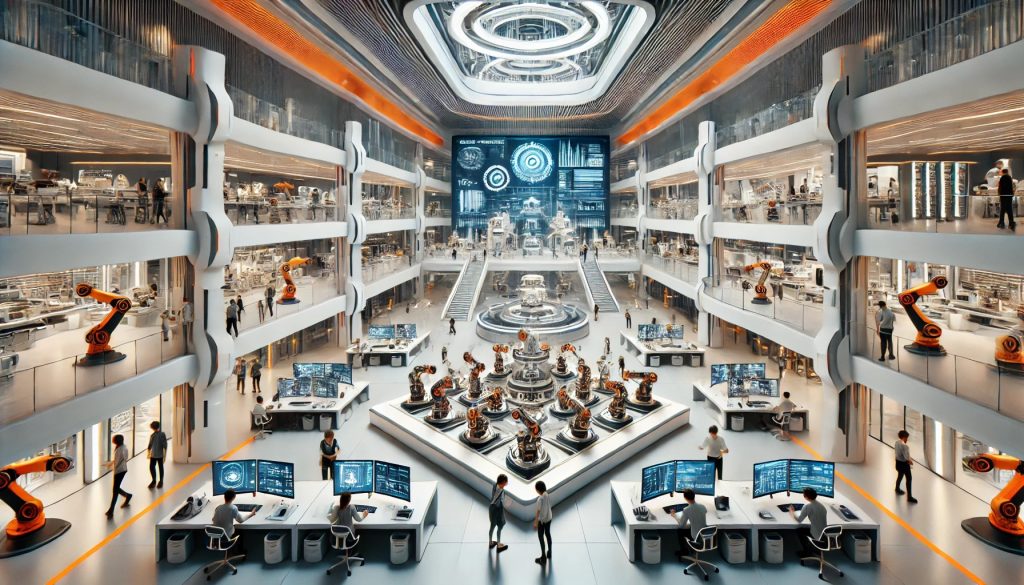
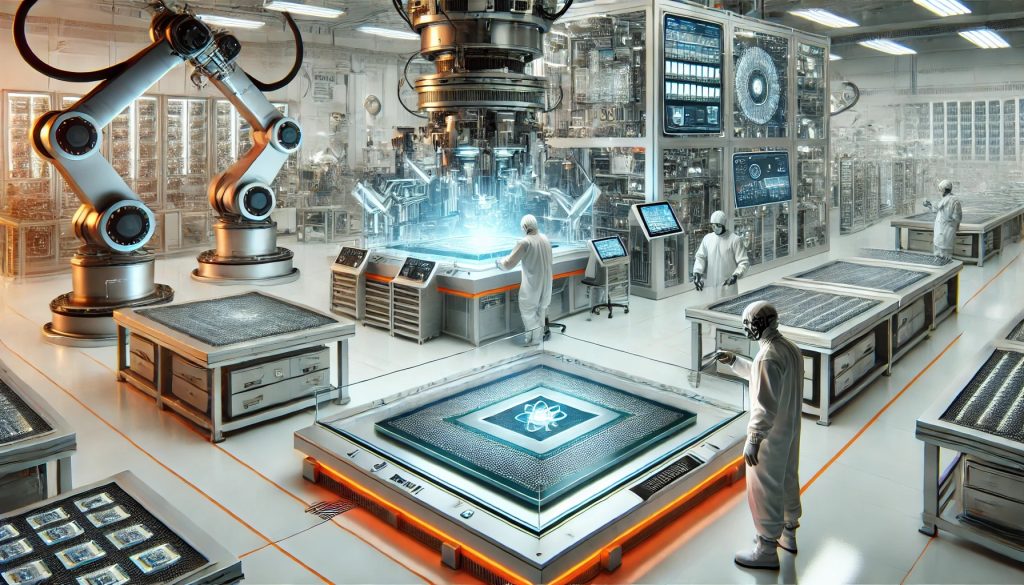
Electronics manufacturing
Semiconductor Fabrication
Semiconductor fabrication is the foundation of modern computing, enabling the production of microprocessors, memory chips, and integrated circuits. This field covers wafer fabrication, photolithography, doping, etching, and cleanroom operations. Students will study solid-state physics, transistor design, and PCB manufacturing, learning how to develop chips and circuits for high-tech applications.
Graduates can become semiconductor process engineers, chip designers, IC layout engineers, or PCB specialists, working with companies like Intel, Texas Instruments, and NVIDIA. With the global push for domestic semiconductor manufacturing, this field offers long-term career opportunities and industry-leading salaries.
Assembly line automation
Precision Manufacturing
Precision manufacturing integrates CNC machining, robotics, and smart factory automation to produce high- performance components. Students will gain hands-on experience with computer numerical control (CNC), 3D printing, metrology, and robotic assembly lines to develop expertise in high-precision engineering.
Careers in this field include CNC machinists, robotics engineers, automation specialists, and industrial designers, working in industries like aerospace, automotive, and semiconductor production. As AI-driven factories become the norm, skilled professionals will play a key role in reshaping American manufacturing.
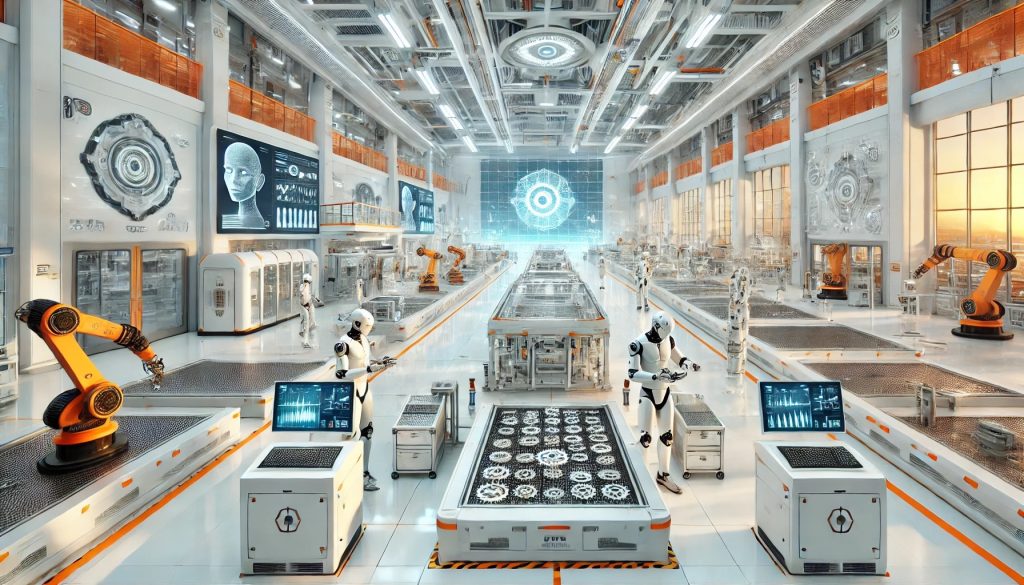
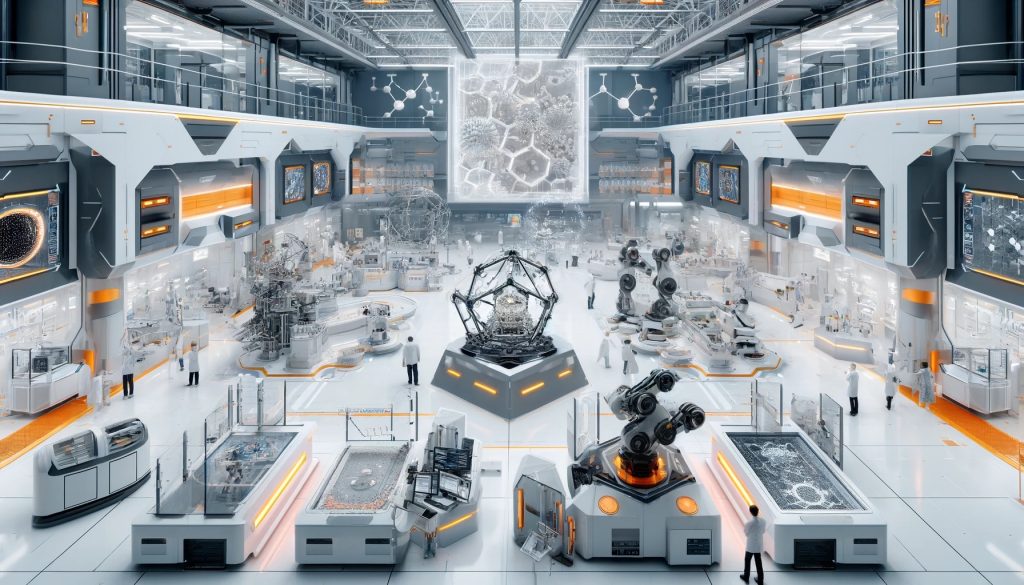
Structural engineering
Materials Research
High-tech industries rely on advanced materials like graphene, carbon fiber, superconductors, and lightweight alloys to improve efficiency and durability. Students will explore materials science, battery technology, metallurgy, and composites to develop stronger and more sustainable materials for cutting-edge applications.
Graduates can work as materials scientists, battery engineers, or nanotechnology specialists in fields like electric vehicles, space exploration, and renewable energy. With the demand for stronger, lighter, and more efficient materials growing, this field offers exciting innovation-driven careers.
Machine learning
Artificial Intelligence
Machine learning and AI are revolutionizing industries by enabling automation, predictive analytics, and intelligent decision-making. Students will study neural networks, deep learning, computer vision, and natural language processing (NLP) to develop AI-driven technologies for business and industrial applications.
Careers in AI include machine learning engineers, data scientists, and AI researchers, with opportunities in healthcare, robotics, autonomous vehicles, and cybersecurity. As AI adoption accelerates, trained professionals will be in high demand to build the next wave of intelligent automation.
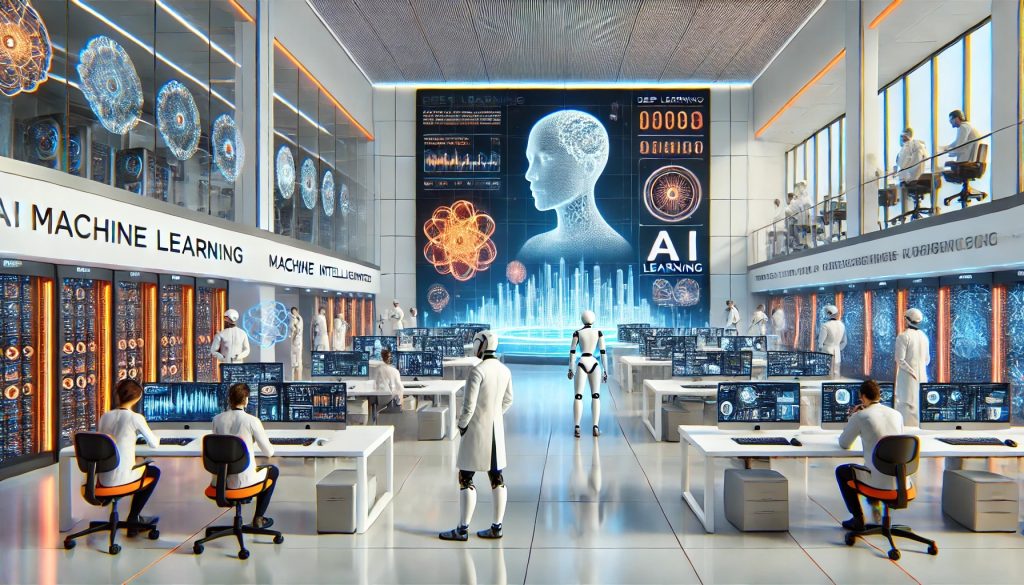
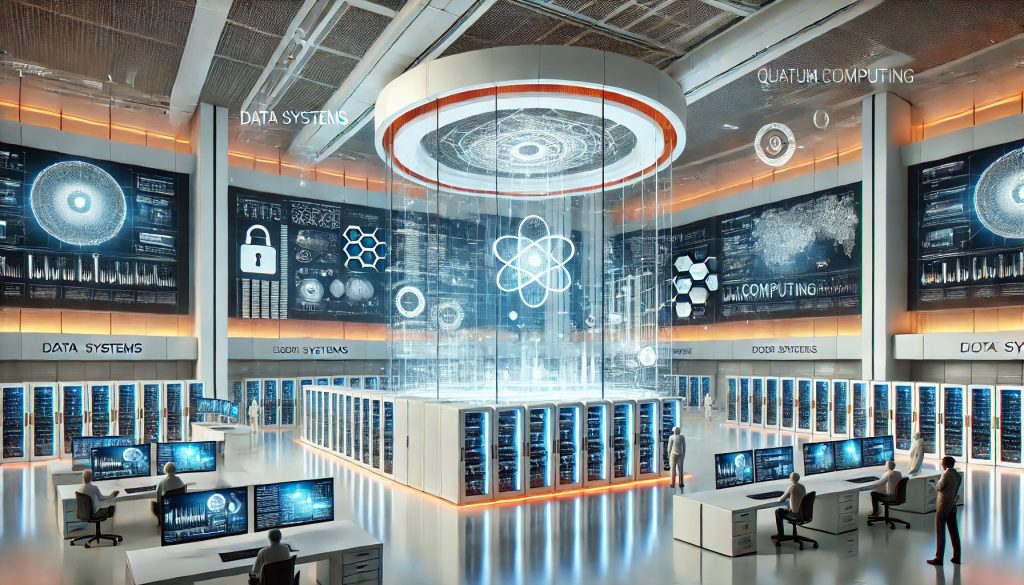
Cloud computing
Data systems
Data systems and high-performance computing (HPC) power real-time analytics, AI training, and enterprise cloud computing. Students will learn big data infrastructure, cloud platforms, distributed computing, and cybersecurity protocols to manage and optimize complex data environments.
Graduates can become data engineers, cloud architects, or DevOps specialists, working in finance, AI research, and industrial computing. As businesses and governments rely more on secure and scalable data systems, expertise in this field will be highly sought after.
Application design
Software Engineering
Software development is the backbone of modern business and industry. This program covers full-stack development, API integration, cloud computing, and AI-powered business applications, ensuring students gain hands-on experience in designing scalable, secure software solutions.
Career paths include software developers, enterprise architects, and cybersecurity engineers, building applications for business automation, fintech, and AI-driven analytics. As industries continue digital transformation, demand for skilled software engineers will remain high.
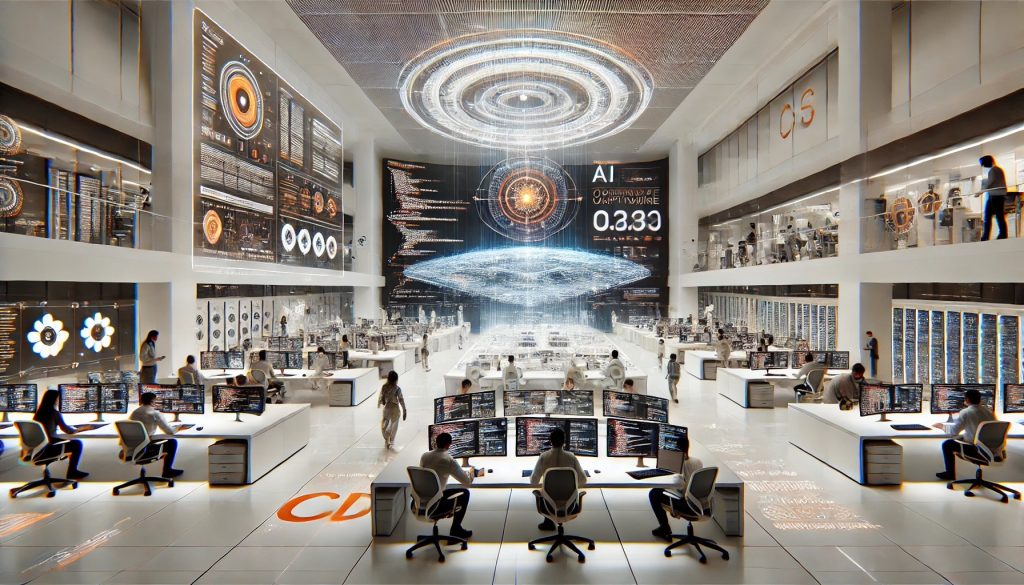
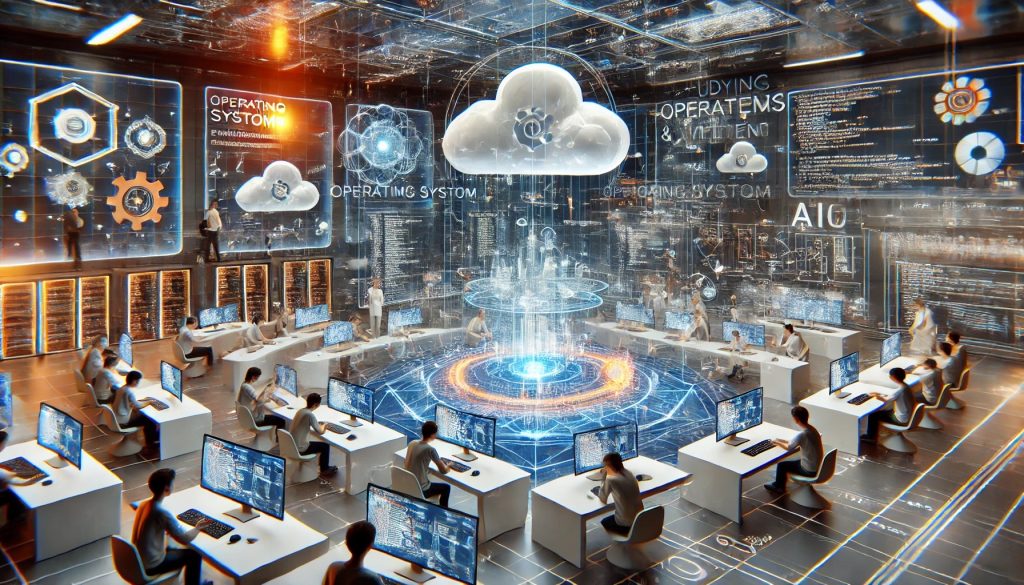
Computational logic
Operating system Architecture
Operating systems form the foundation of computing, controlling hardware resources, memory management, and process scheduling. Students will explore binary logic, instruction set architecture (ISA), and kernel development, learning how low-level computing structures define modern technology.
Graduates can pursue careers as OS developers, kernel engineers, or firmware specialists, working on real-time operating systems, cloud infrastructure, and cybersecurity frameworks. These skills are essential for optimizing computing performance, AI processing, and secure software integration.
Embedded systems
Hardware Software Integration
Embedded systems enable real-time computing in robotics, IoT, and industrial automation. Students will gain expertise in firmware development, microcontrollers, and real-time operating systems (RTOS) to build intelligent, responsive hardware-software solutions.
Careers include embedded systems engineers, IoT developers, and FPGA programmers, working in industries like autonomous vehicles, medical devices, and aerospace. With embedded intelligence becoming the backbone of modern technology, this field offers high-impact career opportunities.
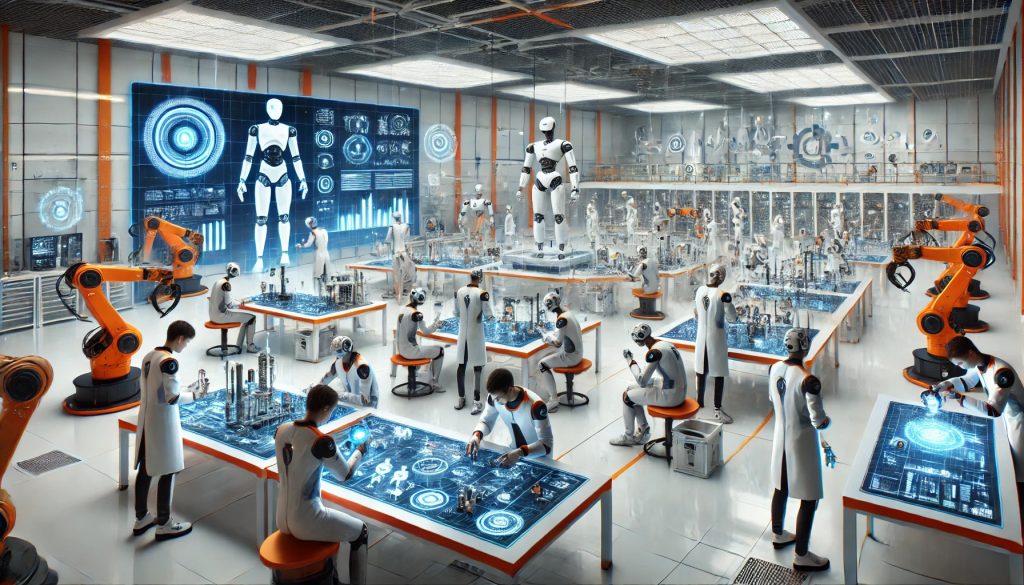
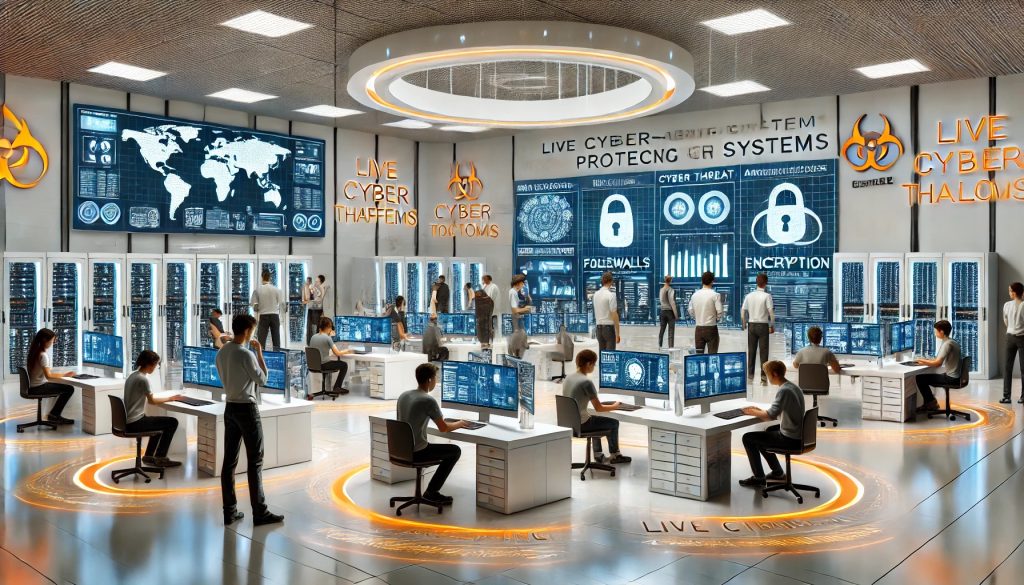
Cybersecurity
Secure Computing Architecture
As technology advances, so do cybersecurity threats. Students will learn penetration testing, cryptographic security, hardware-based encryption, and ethical hacking to protect software, networks, and industrial systems from cyberattacks.
Graduates can become cybersecurity analysts, ethical hackers, and AI security specialists, working in government, enterprise security, and critical infrastructure protection. With cyber threats increasing, skilled professionals in secure computing architecture will be more essential than ever.
Complimentary skills
Educational Ecosystem
The students of Millennial Technical Institute represent the entire tech ecosystem, covering fields such as robotics, artificial intelligence, cybersecurity, advanced materials, precision manufacturing, and software development. By working across these interconnected disciplines, they are preparing to drive innovation in industries that rely on cutting-edge automation, high-performance computing, and advanced engineering.
As these students develop their skills, they will work alongside industry leaders in tech, gaining hands-on experience in the factories, research labs, and digital environments shaping the future. With direct access to real- world applications and mentorship from top professionals, they will be equipped to solve complex challenges and drive advancements in automation, computing, and high-tech manufacturing. Their education is not just theoretical—it is a direct pathway to transforming the industries of tomorrow.
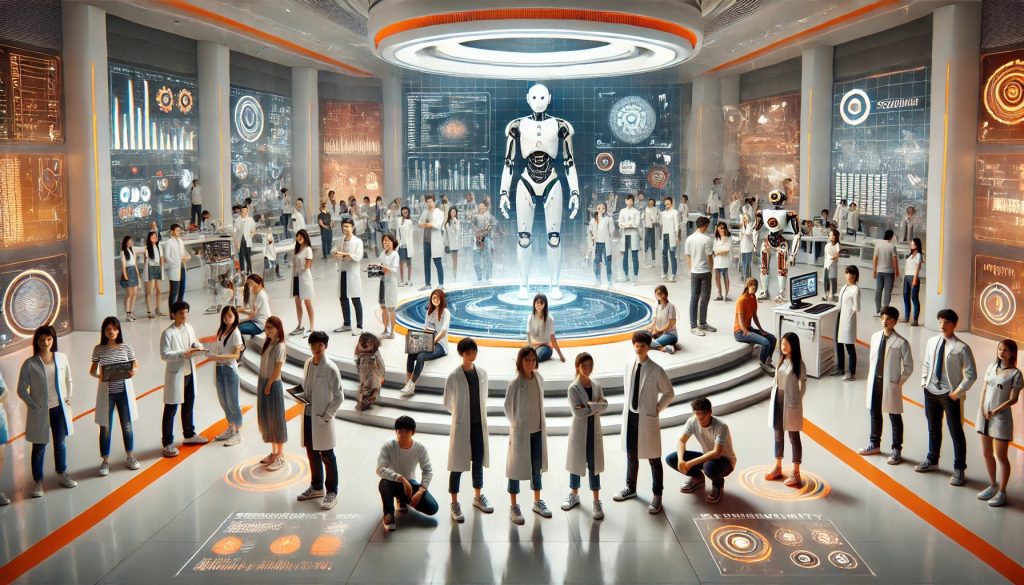
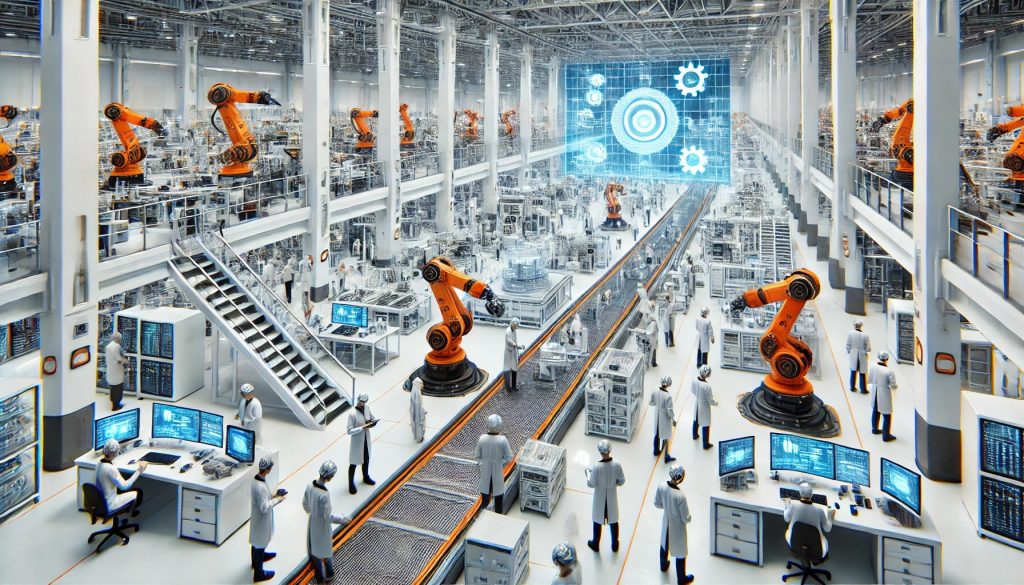
Practical application
Technology production
Students at Millennial Technical Institute receive hands-on training in robotics, automation, semiconductor fabrication, and advanced computing—essential skills for the modern workforce. By focusing on real-world applications, they are prepared to step directly into high-tech jobs, ensuring they can contribute immediately to industries driving technological progress. Their education is designed to meet the demands of a rapidly evolving economy, where expertise in precision manufacturing and AI-driven automation is increasingly vital.
This training not only benefits students but also strengthens the U.S. labor market by supplying a new generation of highly skilled workers. As these graduates enter the workforce, they will help expand American manufacturing, making the country more competitive in industries like semiconductor production, aerospace, and advanced materials engineering. Their expertise will fuel innovation, drive economic growth, and secure the future of American industry in a technology-driven world.
Remote study
Digital online Education
Millennial Technical Institute is revolutionizing education by offering a fully online, tuition-free program where anyone can earn an accredited degree in high-tech fields. Whether studying AI, robotics, cybersecurity, or semiconductor fabrication, students will have access to a world-class curriculum designed to prepare them for cutting-edge careers.
To complement the online program, satellite campuses will be established across the country, providing hands-on experience in real-world lab environments. These facilities will serve as hubs for innovation, where students can work with advanced robotics, automation systems, and precision manufacturing tools.

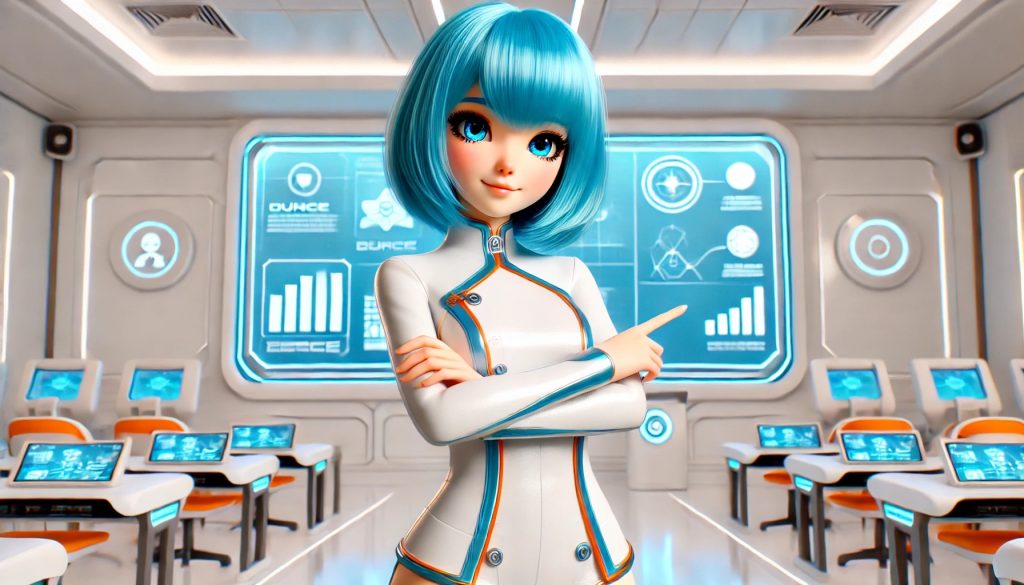
automated education
Millennial high
Training the minds of the future using artificial intelligence powered digital instructors.
